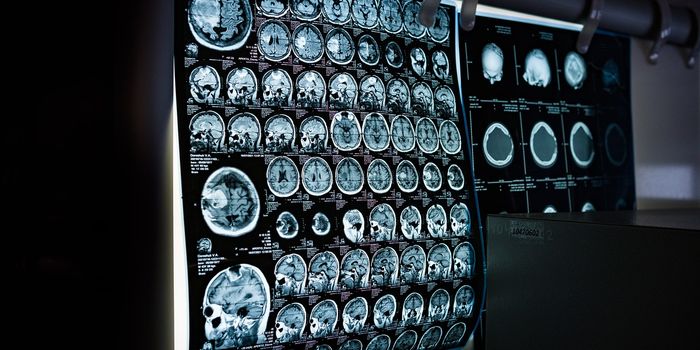Listening in on cancer cells
Research published today in Nature Methods reports a new technique of “listening” to cancer cells. While it may sound odd (no pun intended), this innovative method could help scientists understand why certain tumors respond to certain treatments and ultimately develop improved cancer drugs.
The study, led by Dr. Chris Tape from UCL, utilized organoids to search for specific signaling molecules. Organoids are small self-organizing tumors grown in the lab surrounded by other cells, such as immune cells and connective tissue. They are more effective at predicting responses to cancer drugs in the human body than cells grown in a culture because they mimic cancer’s behavior in humans. The study wanted to see if these organoids were sending messages to neighboring cells to instruct them how to behave.
"Organoids are already revolutionizing cancer research by allowing us to test whether experimental new drugs are effective on lifelike models of tumors. But crucially, this new technique helps scientists to understand why a treatment works or not, by revealing in unprecedented detail how cells are talking to each other," said Dr. Tape.
Dr. Emily Armstrong, a research information manager at Cancer Research UK, said: "Having a better understanding of this complex communication between cancer cells and other types of cells that make up a tumor could reveal secrets of how cancer comes back after treatment and spreads around the body.
In fact, one way that the researchers foresee their findings becoming commonplace in the future is through the development of tumor replicas. For instance, if scientists are able to create replicas of tumors on the cellular level that will communicate with other cells and respond to certain treatments the same way they would within an individual’s body, we will have taken a huge step forward in treating cancer.
Such information is imperative in order to choose the most effective treatments for individuals. “While this technique is in the early stages of development right now, in the future we may be able to grow replicas of individual patients' tumors, to identify early signs that a drug won't work for them so we can personalize their treatment plan. We hope this could one day help more people to survive cancer," said Dr. Armstrong.
Sources: Eureka Alert, Nature Methods, UK Cancer Research








